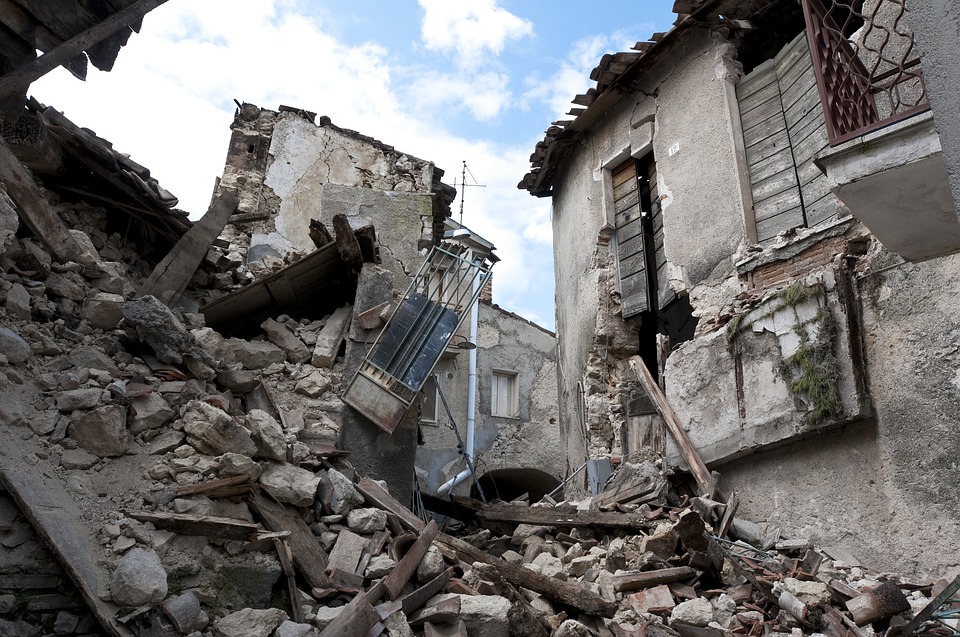Key Difference – Catastrophe vs Disaster
While catastrophe and disaster are two words with similar meanings, they are sometimes used differently in terms of severity and longevity of effects. Catastrophe is often used to describe an event with more destructive, severe, and long-lasting effects than a disaster. However, this distinction can only be observed in certain contexts.
What Does Disaster Mean?
A disaster is a sudden event that causes significant loss and destruction, such as loss of lives and property damage. Examples of disasters include railroad accidents, shipwrecks, earth slips, and business failures. Disasters can be used to describe both personal and public losses and are considered relatively minor or less severe compared to calamities.
What Does Catastrophe Mean?
A catastrophe is a great and sudden calamity, often causing significant damage or suffering. The term originated from a Greek word used to describe the final event in a tragedy, leading to its association with unhappy endings and disastrous results. By the 18th century, catastrophe was used to describe devastating events such as volcanic eruptions and earthquakes, and today it can also describe events that are figuratively catastrophic, such as ruined dinners or bad acting.
What is the difference between Catastrophe and Disaster?
While both catastrophe and disaster refer to tragic events, catastrophe often implies more severe and long-lasting negative effects compared to disaster. The term catastrophe is also more commonly used to describe events with disastrous outcomes, while disaster may have less severe and destructive results.
